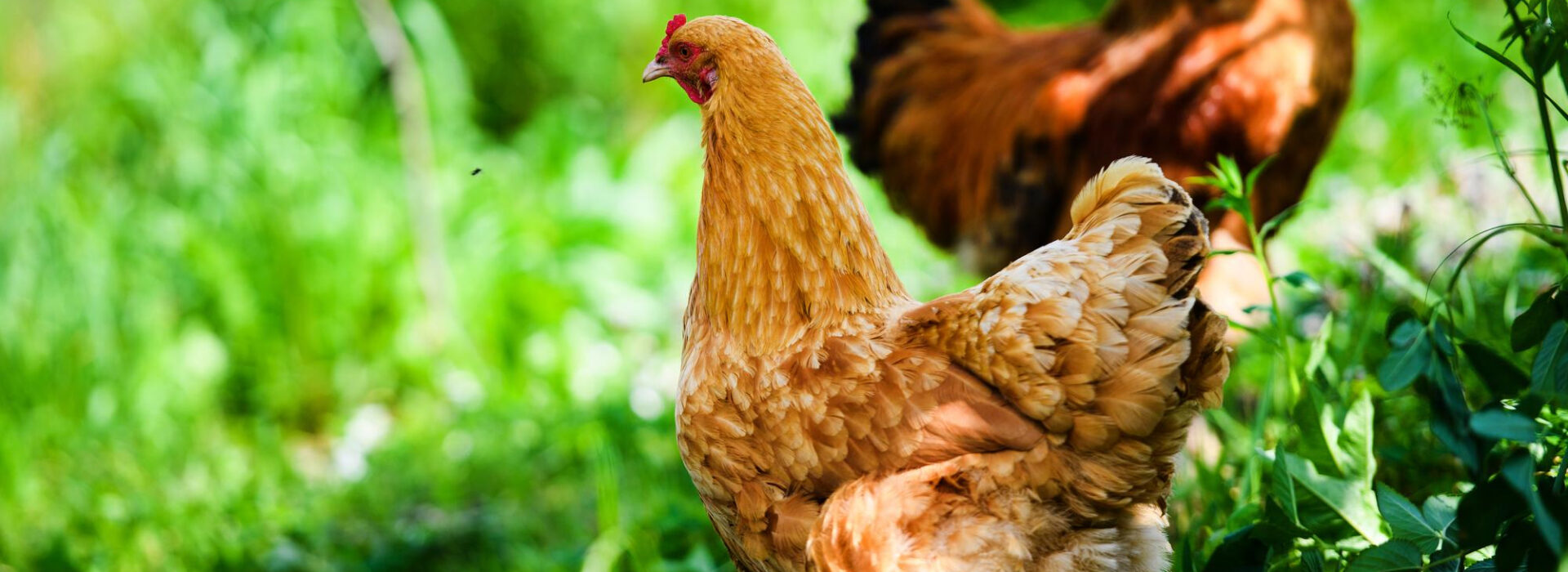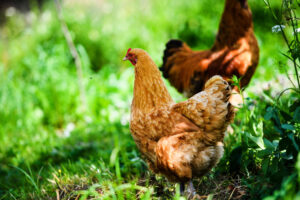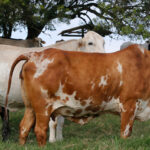Organic poultry farming is gaining popularity among consumers who are increasingly concerned about the quality and source of their food. Organic poultry production not only meets these consumer demands but also promotes sustainable farming practices. This blog post will outline the basic requirements for organic poultry farming, providing a comprehensive guide for farmers and enthusiasts interested in transitioning to or starting organic poultry production.
Appropriate Housing and Outdoor Access
One of the fundamental requirements for organic poultry farming is providing appropriate housing that allows for natural behaviors. Chickens and other poultry should have access to the outdoors, where they can forage, scratch, and express other instinctual behaviors. Housing must include features such as perches, nest boxes, and sufficient space to prevent overcrowding. Outdoor areas should be safe, with protection from predators and adverse weather conditions.
Organic Feed
Organic poultry must be fed organic feed. This means the feed must be grown without synthetic pesticides, herbicides, or genetically modified organisms (GMOs). The diet should be balanced to meet the nutritional needs of the poultry at different stages of their life cycle. Ensuring a consistent supply of organic feed can be challenging, but it is crucial for maintaining the organic status of the poultry.
No Antibiotics or Synthetic Parasiticides
In organic poultry farming, the use of antibiotics, drugs, or synthetic parasiticides is strictly prohibited. This ensures that the poultry remains free from chemical residues, promoting healthier meat and eggs. Instead, organic farmers must rely on preventive health measures such as proper nutrition, adequate housing, and good hygiene practices to maintain the health of their flocks. Natural remedies and treatments may be used, but only those approved for organic production.
Organic Processing of Meat and Eggs
The processing of organic poultry meat and eggs must adhere to organic standards. This means that the facilities used for processing must be certified organic and must handle organic and non-organic products separately to avoid cross-contamination. The use of synthetic preservatives or additives is not allowed. Ensuring the integrity of organic products from farm to table is crucial for consumer trust and compliance with organic regulations.
Recordkeeping and Audit Trail
Maintaining a comprehensive recordkeeping system is essential in organic poultry farming. Farmers must keep detailed records of all practices, inputs, and products. This includes documentation of feed sources, health treatments, and processing methods. An effective recordkeeping system enables traceability and transparency, allowing for a thorough audit trail that verifies compliance with organic standards.
Organic System Plan
An organic system plan is a detailed document that outlines the practices and procedures used in organic poultry farming. It includes descriptions of how contamination is prevented, monitoring practices, and a list of inputs used in production. This plan serves as a roadmap for maintaining organic certification and is subject to regular updates and inspections.
Environmental Stewardship
Organic poultry production must not contribute to the contamination of soil or water. Farmers are required to implement practices that protect natural resources, such as managing manure and waste properly, using sustainable feed sources, and avoiding the use of harmful chemicals. Environmental stewardship is a core principle of organic farming, ensuring the long-term sustainability of agricultural ecosystems.
Prohibition of GMOs, Ionizing Radiation, and Sewage Sludge
Organic poultry farming strictly prohibits the use of genetically modified organisms (GMOs), ionizing radiation, and sewage sludge. These practices and substances are not compatible with organic principles, which emphasize natural and sustainable methods. Farmers must ensure that all inputs and processes adhere to these prohibitions to maintain their organic certification.
Conclusion
Transitioning to organic poultry farming requires a commitment to stringent standards and practices that promote animal welfare, environmental sustainability, and food safety. By adhering to the basic requirements outlined above, farmers can produce high-quality organic poultry products that meet consumer demands and contribute to a healthier food system. Embracing organic practices not only benefits the farm but also supports broader ecological and public health goals.












